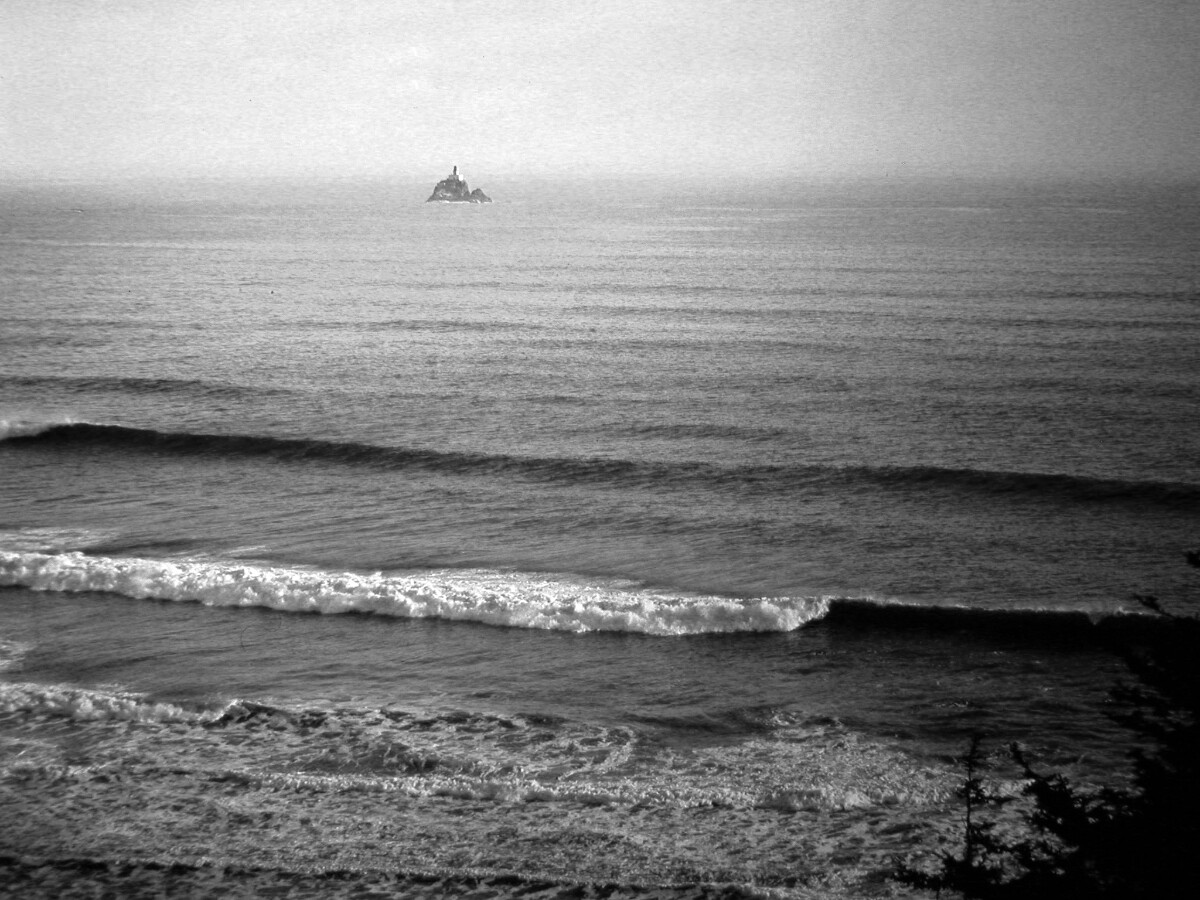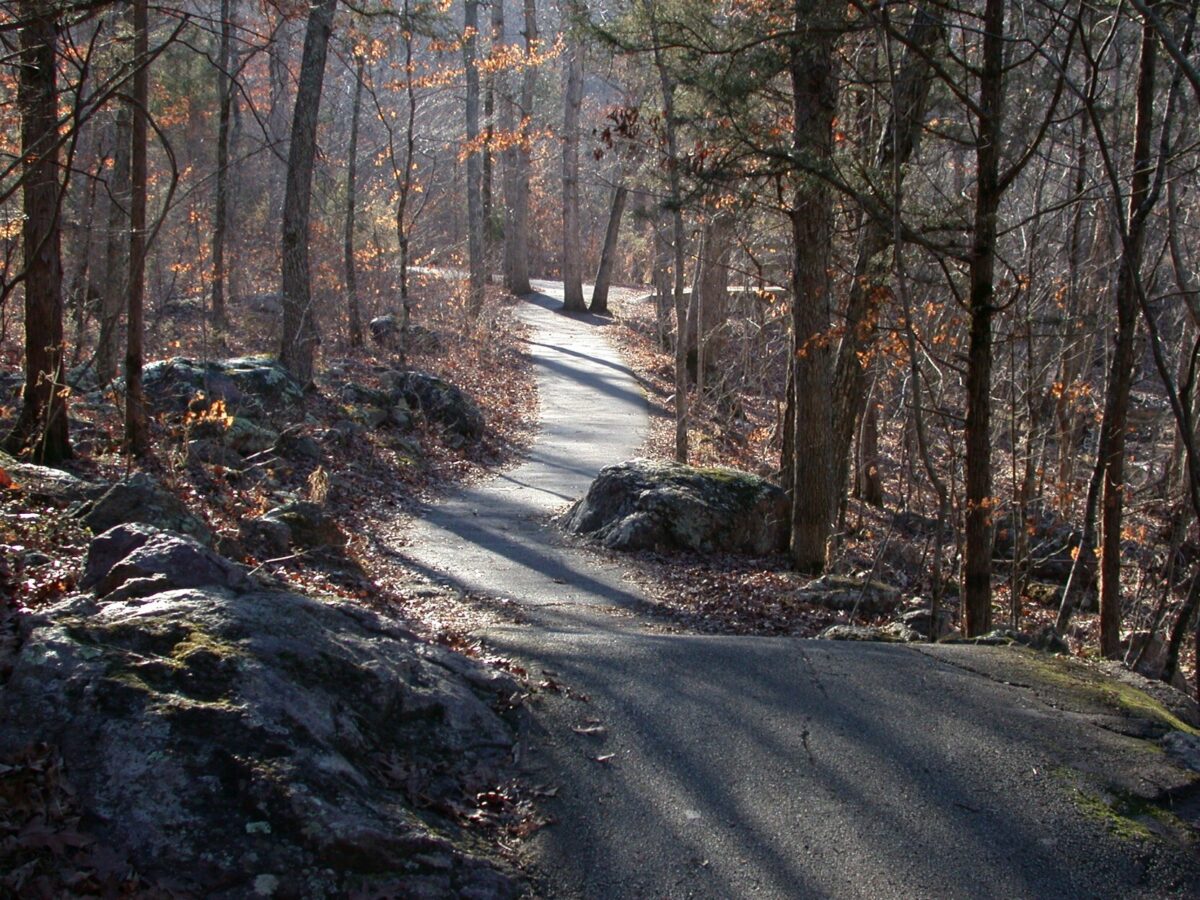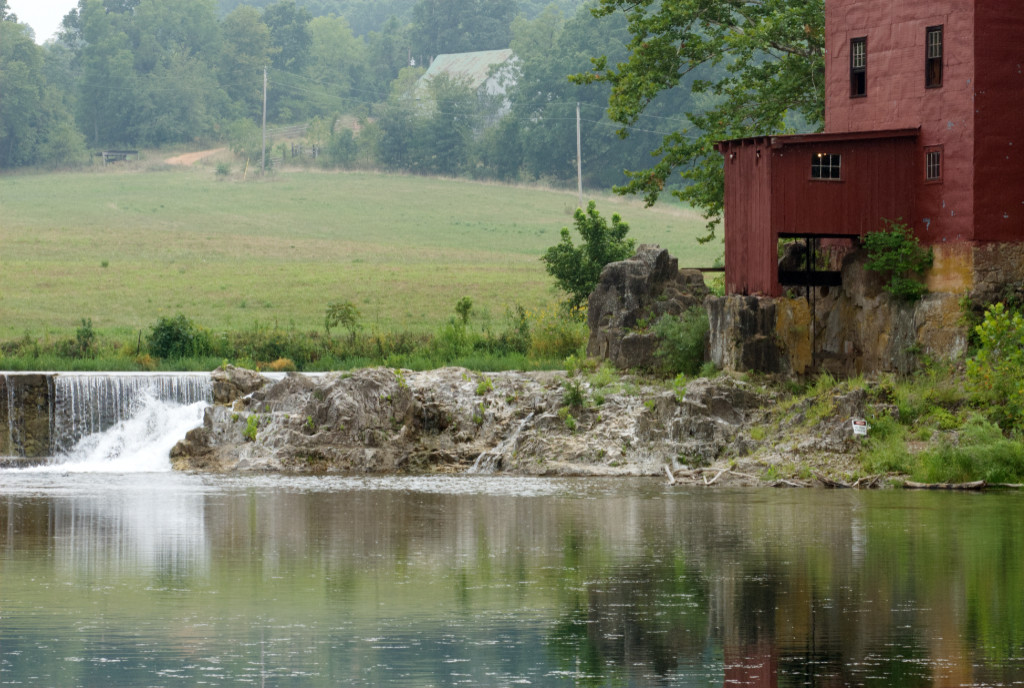Categories
Silent Sunday Jan 28 2023





My friend Simon St. Laurent posted a video on Facebook that goes into the mechanics—and efficiencies—of a heat pump. Homes in Savannah are primarily cooled and heated by heat pumps. The house we bought had a 2.5 ton unit, with the interior portion in the attic. Being new to HVAC systems installed in the attics, […]
